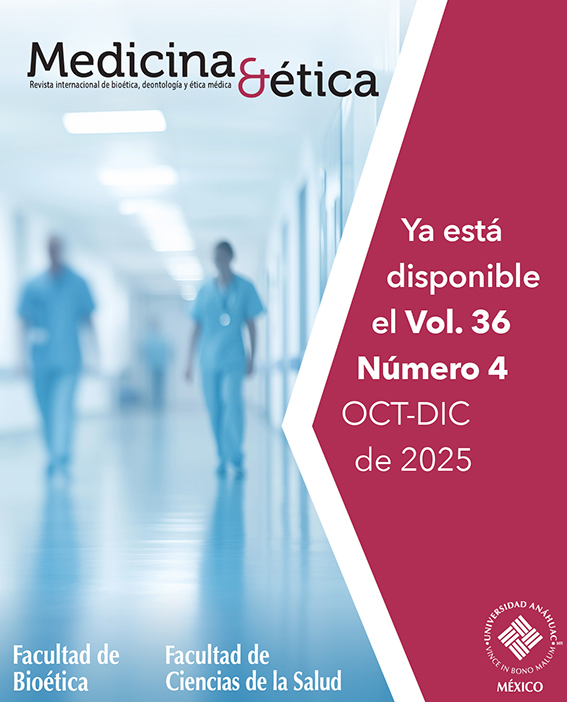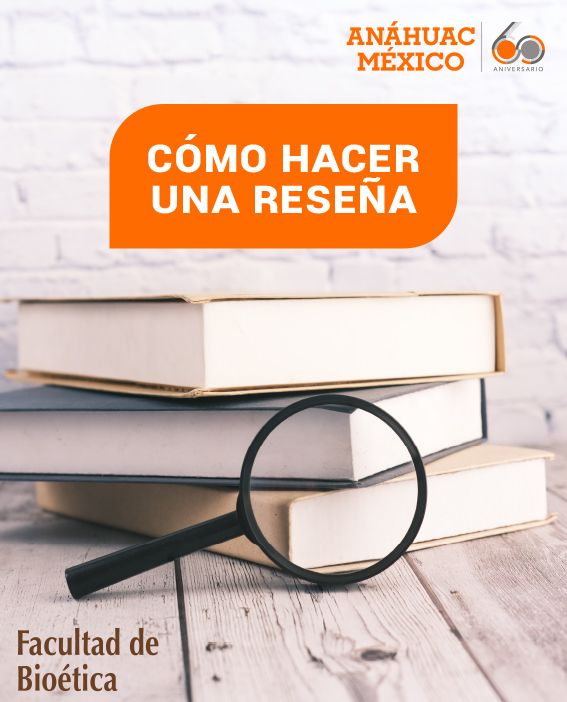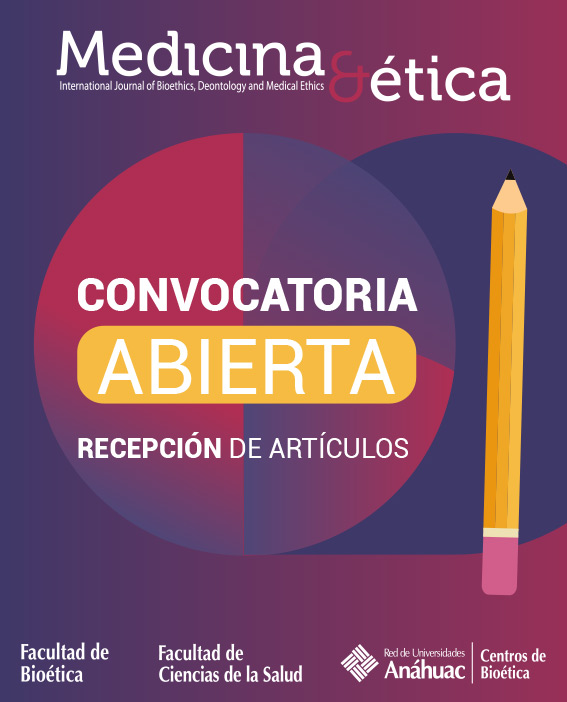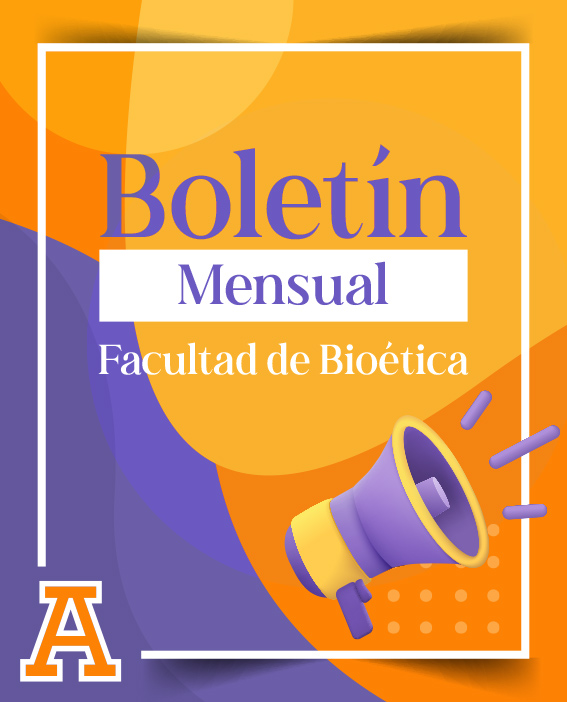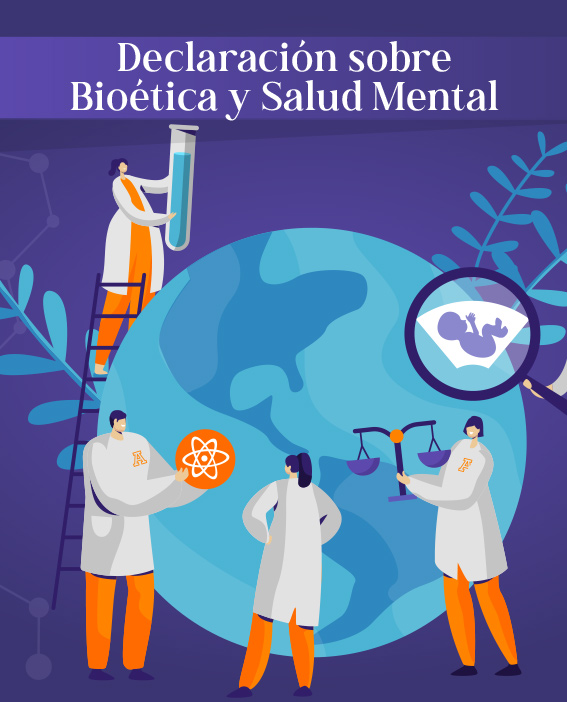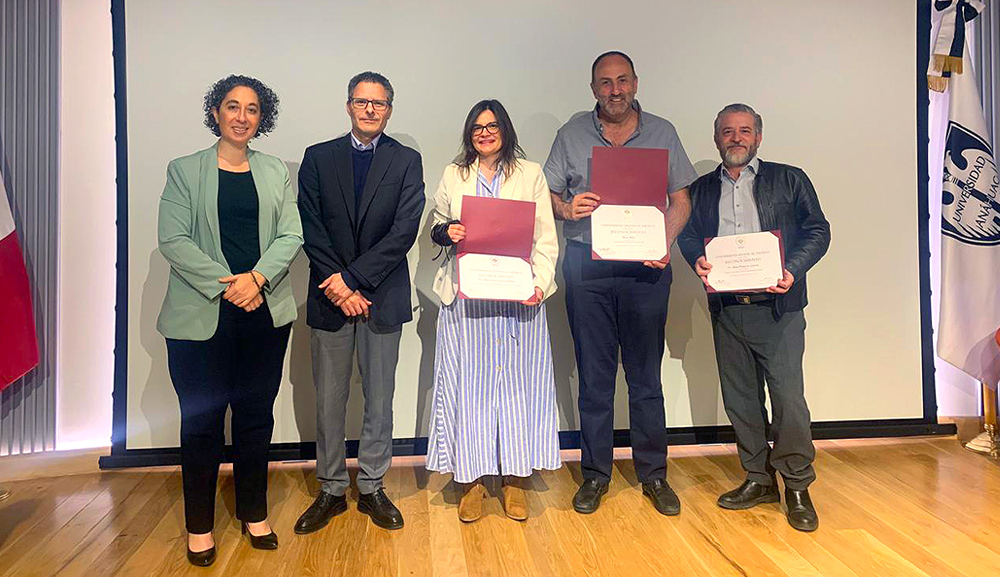
This event brought together experts from various fields to reflect on the historical, cultural, legal, nutritional, and gastronomic role of this grain as a central axis of Mexican identity.
On April 9, 2025, during the forum “Let's talk about corn and its importance for Mexico” held at the Universidad Anáhuac México Campus Norte, Dr. María Elizabeth de los Ríos Uriarte, research coordinator of the School of Bioethics and member of the University Peace Committee, served as moderator of this event that brought together academics and specialists with the purpose of sharing ideas and reflections on the fundamental role of corn in the life of the Mexican people from a historical, cultural, gastronomic, legal and nutritional perspective.
During the forum, the presence of corn in Mexican culture since pre-Columbian times was highlighted, emphasizing its essential role in the cosmogony of indigenous peoples, its representation in art, cultural expressions, trade, food, and religious ceremonies. In this context, Dr. Marco Antonio Cervera Obregón, director of the Center for Research in Ancient Cultures (CEICA), presented the paper "Corn in the Mesoamerican Religious and Cultural Tradition," where he explained how this grain has been a central element in the symbolic and spiritual construction of the original civilizations of Mesoamerica.
One of the meeting's central focuses was the culinary richness centered around corn, a staple of a wide variety of dishes that constitute the heart of Mexican cuisine. In his presentation "We Eat What We Are. Corn Is Mexican Gastronomy," Dr. Alberto Peralta de Legarreta, professor and researcher at Anáhuac University Mexico, highlighted the close identification of the Mexican people with corn as part of their history, tradition, and everyday life.
Likewise, current corn consumption in Mexico was addressed, both in terms of micro and macronutrients and its use for human and animal consumption. Along these lines, Rafael Mier, representative of the Mexican Corn Tortilla Foundation, gave the talk "Contexts on Corn Consumption in Mexico," where he presented relevant data on production levels, percentages of domestic and imported corn, as well as the social and economic implications of these figures for the country's food sovereignty.
Dr. María Victoria Fernández Molina, member of the Inter-American Academy of Human Rights and the Autonomous University of Coahuila (UAdeC), presented the paper "Corn in Mexico as a fundamental condition of the right to food," in which she emphasized the importance of protecting the cultivation and consumption of native corn as a way to guarantee equitable and sustainable access to adequate food for all.
The current context of corn production was also analyzed, particularly the ban on planting genetically modified corn in Mexico as a measure to preserve native and landraces. The consequences of using genetically modified corn in Mexican rural areas were also discussed, especially in relation to farmers, their livelihoods, and the preservation of biocultural heritage.
This interdisciplinary dialogue allowed for the connection of traditional and scientific knowledge, highlighting the importance of corn not only as an essential crop but also as a living symbol of Mexican identity.
More information:
MPSS Ana Sofía García Hazas
MPSS Camile Bertrand Carpio
Facultad de Bioética
bioética@anahuac.mx

